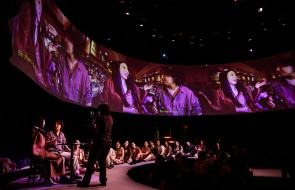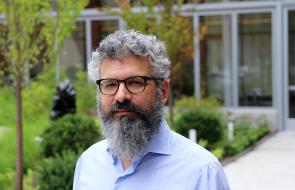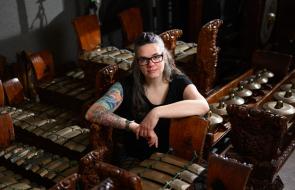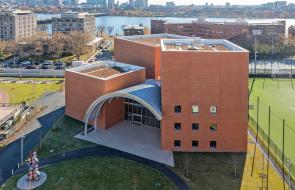In 1944 with Nazi Germany just months from defeat, a curious and now little-known book was published in Regensburg: a collection of essays and biographies that strove to define the contemporary state of opera. Titled Die deutsche Oper der Gegenwart (German Opera of the Present Day), this substantial and lavishly produced volume documents the aesthetics of opera during the Third Reich through its profiles of sixty-two composers, more than 250 design drawings and photographs, prose essays on drama and staging, and an extensive works list. The National Socialist alignment of the book’s primary author (the theater historian Carl Niessen) and publishing company (Gustav Bosse Verlag) contextualizes the volume’s problematic scholarly priorities. Niessen interleaved explanations and endorsements of viable manifestations of contemporary German opera with anti-Semitic rhetoric and venomous critiques of rival aesthetic views. The book’s time-capsule version of the “state of the art” also includes evidence that contradicts postwar claims by composers, such as Winfried Zillig, who later recast themselves as persecuted modernists but whose statements within the volume demonstrate their complicity. Pamela Potter has recommended that musicologists address the longstanding historiographical problem of defining “Nazi Music” by paying detailed attention to particularities. Analyzing the form, contents, and rhetoric of a single printed object permits insights into the definition, valuation, and canonization of contemporary opera near the end of the Third Reich.





